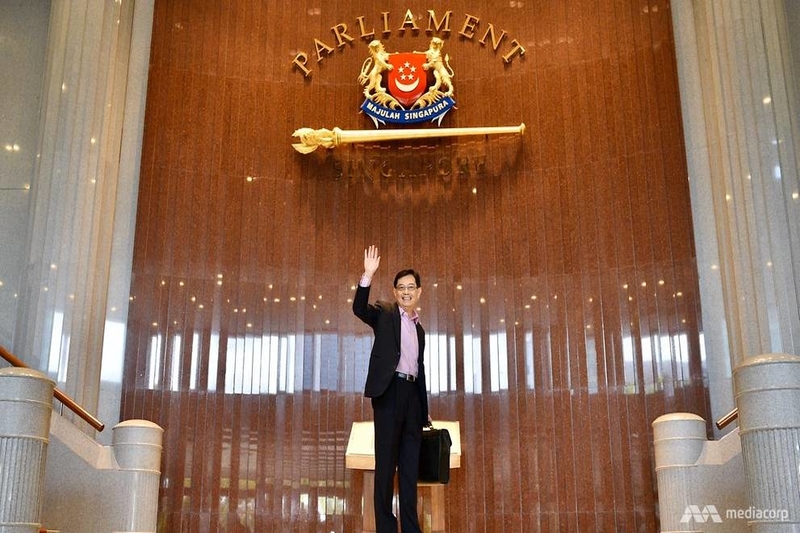
With the announcement of the Singapore Budget2020, on February 18, the government has put forth a few measures for improving and boosting the nation’s technology and innovation space. Deputy Prime Minister Heng Swee Keat made these announcements in parliament, during his Budget 2020 speech.
Enhancing cyber, data capabilities
S$1 billion will be set aside for strengthening of the government’s cyber and data security capabilities, over the next three years.
Mr Heng reiterated that Singapore faces risks from the fluidity and uncertainty of its external environment. The security of the nation is still at a top priority in this year’s budget and the steps taken to ensure that have to sufficiently funded.
Mr Heng noted that Singaporeans have to always be vigilant and ready to face cyber threats. The Cyber Security Agency (CSA), which was set up in 2015, is one of the government’s initiatives for enforcing this, along with the passing of the Cybersecurity Act in 2018.
He shared that CSA is growing its cybersecurity capabilities with the adoption of advanced technologies such as artificial intelligence, cloud and the internet of things.
Data security was also addressed to be a crucial factor in Singapore’s digital economy. He said that it is a “vital prerequisite and key enabler” of the digital economy.
The Personal Data Protection Act, enacted in 2012, was one of the measures implemented for securing and protecting citizen’s data.
Mr Heng stressed that Singapore has to grow its cyber capabilities while achieving its smart nation ambitions. Following the several high-profile data breaches over the past few years, cybersecurity capabilities of the nation are looked to be strengthened on.
“I will set aside S$1 billion over the next three years to build up the Government’s cyber and data security capabilities, to safeguard citizens’ data and our critical information infrastructure systems,” said Mr Heng. This includes sectors which are key to the delivery of essential services such as infocomm, energy, as well as banking and finance.
Electric vehicles
The government is set to implement measures for encouraging the purchase of environmentally friendly vehicles. This is in line with the government’s aim of having all vehicles run on cleaner energy by 2040.
Mr Heng said that the “domestic transport sector contributes a significant amount of greenhouse gas emissions”. Vehicles with internal combustion engines (ICE) are also contributing to the pollution which in return is affecting the health and quality of life of people.
“For both public health and climate change reasons, we should progressively phase out the use of ICE vehicles towards cleaner alternatives, such as hybrids and EVs (electric vehicles),” he said.
He enforced Singapore’s vision of phasing out ICE vehicles and to have all vehicles run on cleaner energy by 2040.
An EV Early Adoption Incentive will be implemented as apart of this vision. This incentive will see those who buy fully electric cars and taxis receive a rebate, of up to 45 per cent, on the Addition Registration Fee. This rebate is capped at S$20,000.
In addition, Mr Heng announced that from January 2021, the road tax methodology for cars will be revised to “better reflect the current trends in vehicle efficiency”.
The revision will see an “across-the-board” reduction in road tax for EVs and some hybrids. This will, however, have a huge impact on Singapore’s tax revenues. With EVs not paying fuel excise duties, there will be a need to update the vehicular tax structure to ensure that there is a discourage of excessive driving and to cover the non-paying of fuel excise duties which are “significant contributors to government revenues”.
The alternative is to put in place a usage-based tax on EVs as an alternative to fuel excise duties. The government will also impose a lump-sum tax which will be built into the road tax schedule for EVs to account for the loss in fuel excise duties. This lump-sum tax will be phased in over three years starting from January 2021, with it fully implemented by January 2023.
Public charging infrastructure will also be increased. With 1,600 charging points present island-wide, this will be increased to 28,000 chargers at public carparks around the island. The government is looking to achieve this with the help of the private sector.
















